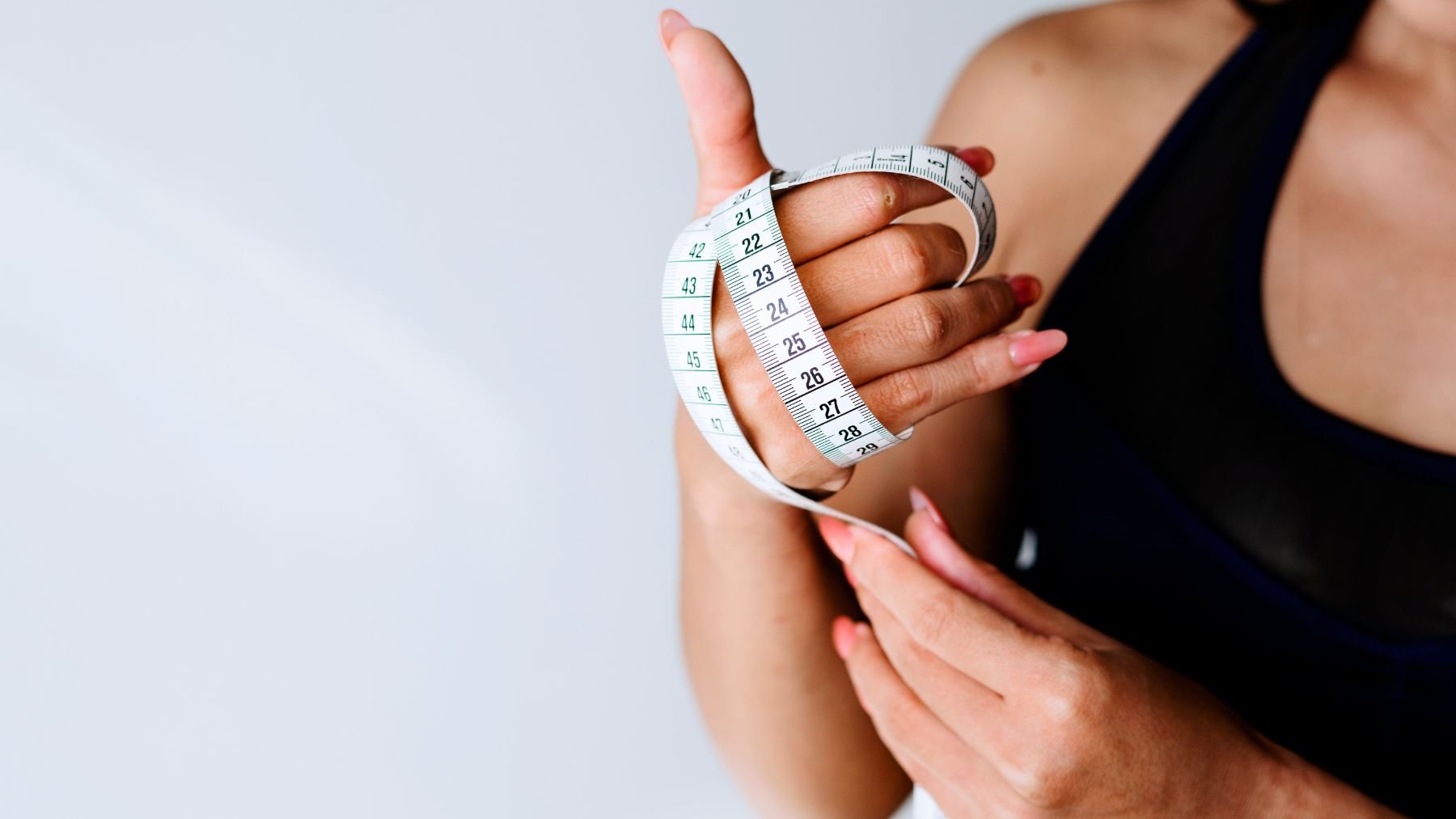Losing weight in your 50s is not the same as it was in your 30s or 40s. Slower metabolism, hormonal shifts, and even long-standing routines can all work against you. Some specific habits may be the biggest roadblocks in your weight loss journey.
Registered dietitian Whitney Stuart says identifying and adjusting these habits can make weight loss after 50 much easier. Here are the everyday choices that may quietly be stalling your progress and how to replace them with smarter strategies that work for your body now. From exercise routines to hydration, these can help you see better results without extreme diets or exhausting workouts.
Habits that make losing weight harder after 50
While age-related changes like muscle loss and lower energy needs play a role, the way you eat, move, and rest has as much impact. Improving these patterns can help you burn more calories, control hunger, and maintain muscle mass.
1. Poor sleep
After 50, many people experience restless nights due to hormonal changes, stress, or health issues. According to Stuart, lack of sleep disrupts the hormones that control hunger, leading to more cravings and a preference for high-calorie foods. Making sleep a priority—by keeping a consistent bedtime, limiting screen time before bed, and addressing medical concerns—can help keep appetite in check and support metabolism.
2. Sticking to the same eating patterns from years ago
Energy needs naturally decline with age, so eating the same portions or frequency as before can cause slow, steady weight gain. For example, mindless snacking in the evening while watching TV can add extra calories without you noticing. Paying attention to what and how much you eat—without multitasking—can help you recognize when you’re truly hungry and when you’ve had enough.
3. The trap of fad diets
These plans often cut out entire food groups or drastically reduce calories, which may lead to quick but short-lived results. Stuart explains that low-calorie, low-protein diets can cause muscle loss, which slows metabolism even further. A better approach is a balanced plan that includes lean protein, vegetables, fruits, whole grains, and healthy fats, which can help preserve muscle while still promoting fat loss.
4. Neglecting hydration
As we age, the sense of thirst becomes less sharp, making it easy to drink too little. This can lead to dehydration, which may slow digestion and mimic hunger, prompting unnecessary snacking. Aim to sip water throughout the day, and consider having a glass before meals to help with portion control.
5. Skipping strength training
Cardio is good for your heart health, but without resistance exercises, you lose valuable muscle mass with age. Muscle burns more calories at rest, so maintaining it helps keep metabolism higher. Stuart recommends starting with simple bodyweight moves like squats, planks, and pushups at home to build strength without special equipment.
Shifting these habits can help your body work with you instead of against you. Prioritize muscle-building workouts, drink enough water, get consistent sleep, pay attention to your eating habits, and skip extreme diets. While the results may come gradually, they’re more likely to last and support a healthier, stronger body in the long run.

